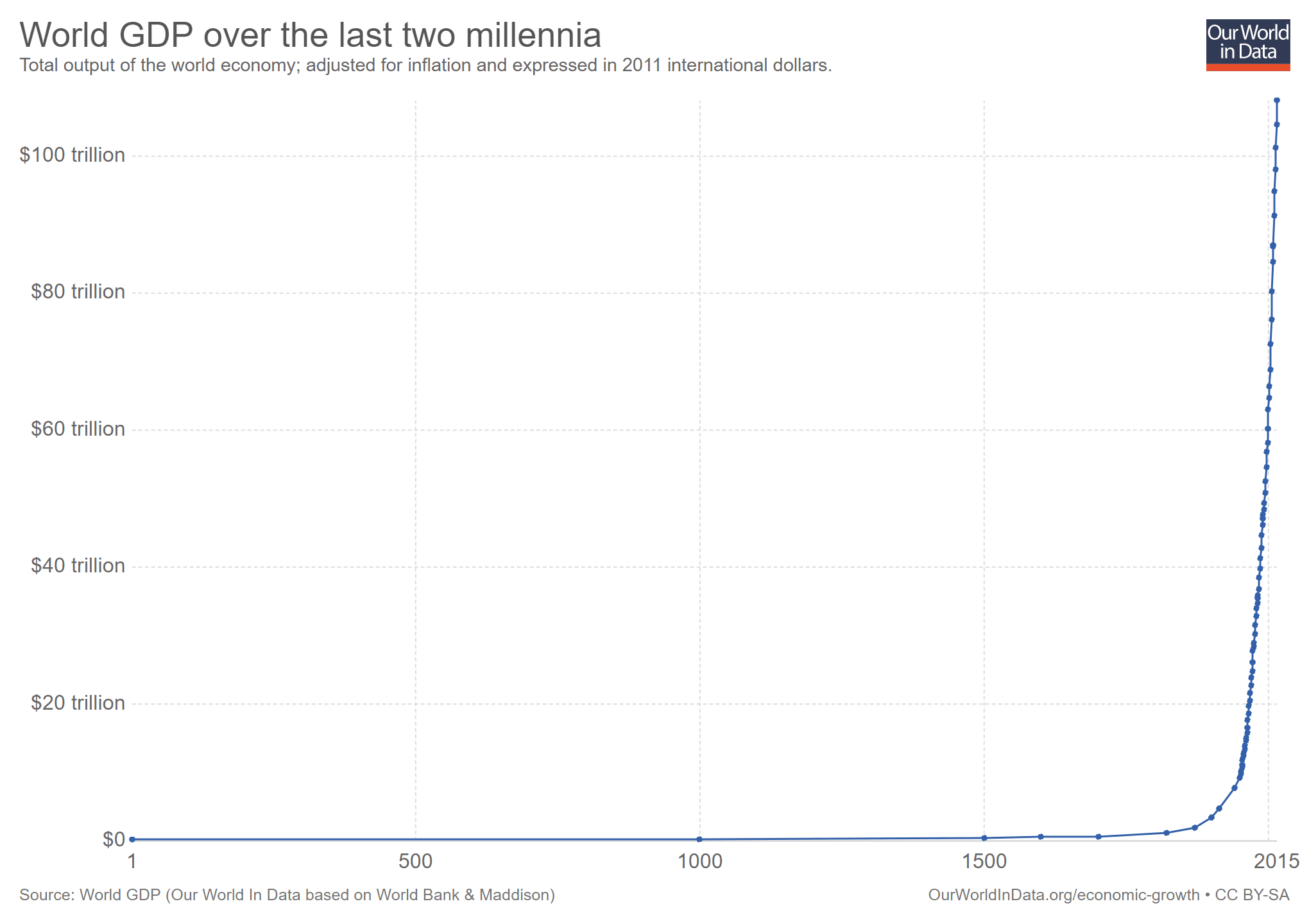Brings some nuance and some interesting thoughts to the discussion. No, Ansari’s actions don’t fit clearly into the category of “assault”. But yes, there’s still a problem.
Originally shared by Shannon Turlington
Brings some nuance and some interesting thoughts to the discussion. No, Ansari’s actions don’t fit clearly into the category of “assault”. But yes, there’s still a problem.
Originally shared by Shannon Turlington
I was depressed a lot through my teens and 20s. I never sought treatment for it – it was mostly mild – but it was pretty obvious to me that it was connected to my lack of success with relationships.
It’s largely gone away since I got married.
This article suggests my experience is probably typical rather than exceptional.
Originally shared by Shannon Turlington
An interesting perspective on the current social shifts going on in the US.
Originally shared by Conscious Style Guide
How losing the definition and import of “consent” can lead to the “fallacy of misplaced scale,” a return to a more sexually restrictive era, and the loss of agency (especially for women):
___
#sex #consent #gender #consciouslanguage
[Image: Former Oklahoma state senator Ralph Shortey.]
Ah, the fourteenth century, that wondrous time of artistic, commercial, and social vigour, the run-up to the Renaissance, the…
What? It was full of people saying the old days were better?
Originally shared by Mary Ann Bernal
Perhaps we ought to create the conditions in the developing world that will enable reforestation?
Design is becoming more and more talked about in business and technology, as people realize its value.
Design, after all, involves thinking about the customer and creating something they find attractive and useful, which is pretty much the definition of good business.
Originally shared by Singularity Hub
An interview (text & video) with Nathan Shedroff, one of the pioneers of experience design as a strategy. http://suhub.co/2BmrVkN
“The idea here is that there are patterns of thought that are reliably associated with engaging in criminal behavior. These include feeling more deserving and entitled than other people, a failure to accept responsibility, a negative attitude toward authority, a tendency to focus only on short-term outcomes, and being fairly insensitive to the impact of criminal behavior.”
Remind you of anyone?
Originally shared by Art Markman
Not only is there no strong evidence that organically-grown food is better for health, there’s also good evidence that it’s worse, not better, for the environment on a number of measures (though it does depend which measures you choose, and what you’re growing).
I will pay extra for “free-farmed” or “free-range” meat and eggs, for animal welfare and health reasons, but I won’t pay extra for organic.

Despite a plethora of bad news – despite, even, efforts by powerful people to roll back progress – at a macro view, there are big encouraging trends.
This time Peter Diamandis doesn’t mention education, but that, too, is progressing rapidly.
Originally shared by Singularity Hub
Why the World Is (Still) Better Than You Think—New Evidence For Abundance http://suhub.co/2wQAt1m
My wife and I met online in 1996, when it was still very unusual (her father was convinced I would turn out to be an axe murderer). We come from different countries, and would never have met in the normal course of events. So I find this interesting.
Originally shared by Deborah Teramis Christian
This is pretty interesting, especially for psychologists in the family/marriage counseling biz, social scientists looking at how people affiliate (or doing network analysis), and of general interest to anyone in the dating pool. 😉